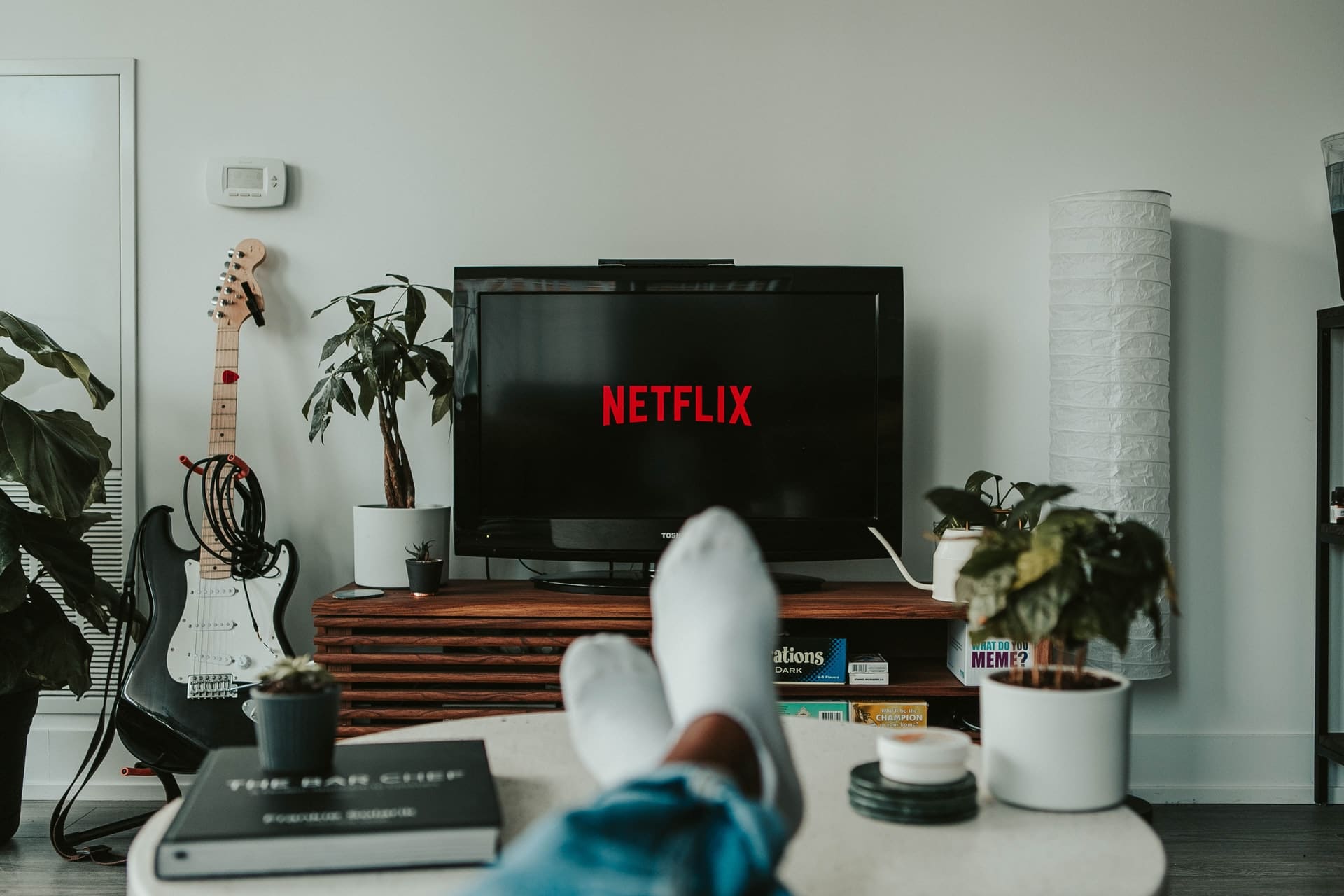One of the gifts of the Netflix era is the wide access to global entertainment content. You can literally follow a show made in any country from anywhere. While there are some licensing restrictions, I am amazed how I can converse with my parents, who now reside in Brazil, about shows we can share even living in different countries.
Recently, I started watching some East Asian shows which prompted the algorithm to fill my Netflix list with similar recommendations. That is the gift of AI uncovering entertainment options you would have never discovered otherwise. That’s how I stumbled upon Mr. Sunshine. After reviewing the preview and accepting my reliance on subtitles (just like non-English speakers must do all over the world for Anglo content), I decided to watch it. I had watched historical Korean drama years ago and greatly enjoyed it. This one seemed to hold promise.
The drama centers around the unlikely romance between a noble woman and a slave in the beginning of the 20th century as Korea is courted by multiple colonizing foreign powers. The twist is that slave had fled Korea as a child and now return as a member of the US Marine corp. Within this plotline, the drama explores well the ambiguities of social class, nationality and race. The noble lady is no princess as she secretly trains as a sharp-shooter for the Korean resistance. The slave turned into foreign soldier becomes the Korean-American that no one knows what to do with. He is too Korean to be American but too American to be Korean.
Aside from a compelling plotline, the story is enhanced by breathtaking cinematography and captivating scores. The dialogues are short but charged with emotion. There is so much being expressed through the actors’ eyes and facial expressions that words are only an accessory to the meaning being conveyed. With that said, the drama contains a sizeable amount of action scenes that rivals if not outperforms most Hollywood blockbusters. Romance, action, drama and political intrigue: there is something for Western and Asian audiences here. For Americans, especially, it will be interesting to get a perspective from the outside – the good and the bad. While America enables a Korean slave to transcend its class, it is also one of the countries seeking to colonize Korea at that time.
That is why I believe this show will be the watershed that projects K-drama into the global stage. As Netflix and other platform showcases global entertainment options, the more they gain audiences beyond their country of production. Mr. Sunshine is an example of this trend, and possibly the first of many K-dramas to get international recognition.
Reality Changing Observations:
Q1. Which movies or shows have you watched in a foreign language?
Q2. What can we learn by watching shows and movies from abroad?
Q3. What kind of shows do you enjoy watching?





